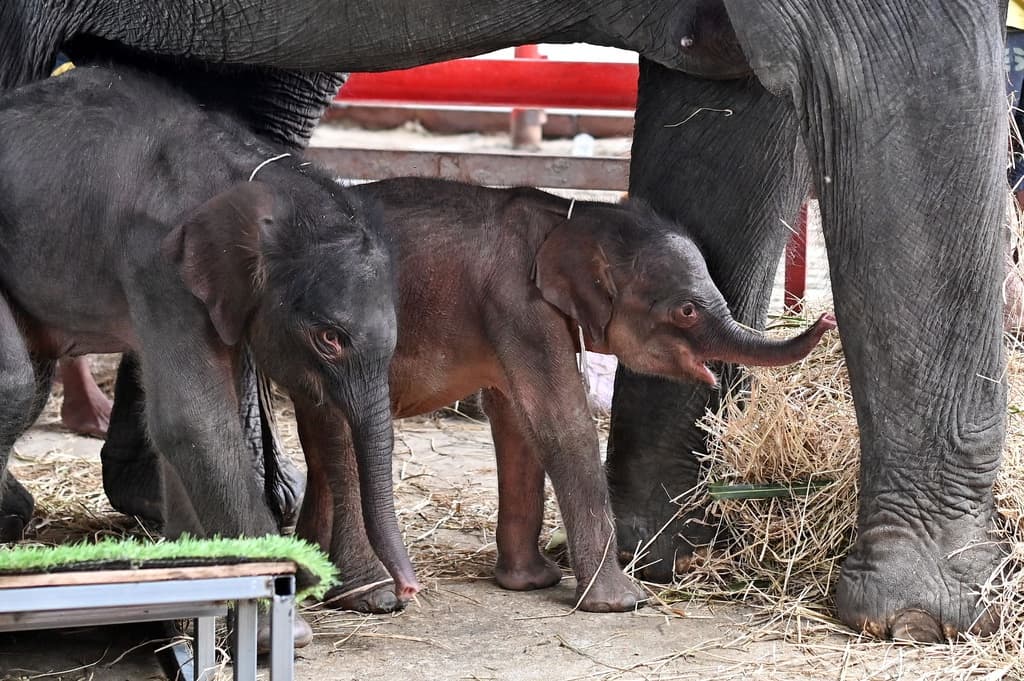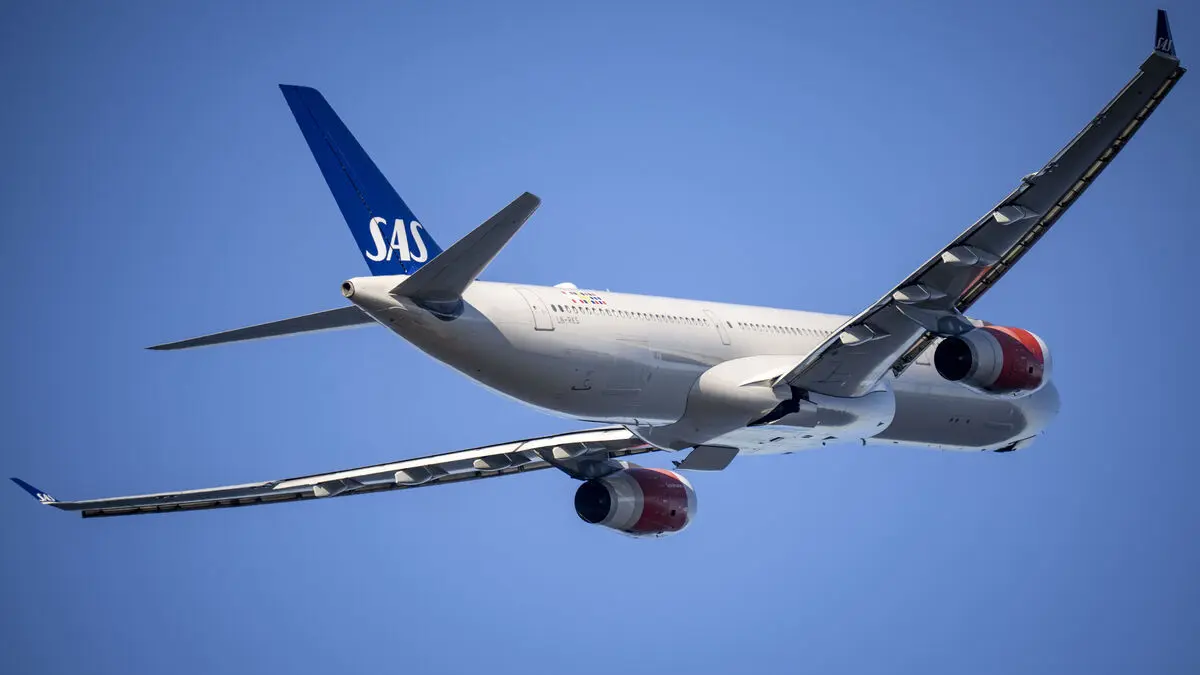A dramatic turn of events occurred at an elephant birth in Thailand when the female was found to be carrying twins.
After the birth, the new mother of two went on a rampage and injured a zookeeper.
The 36-year-old Asian elephant, Jamjuree, gave birth to an 80-kilogram male calf on Friday north of Bangkok. A quarter of an hour later, another calf – a 60-kilogram female – surprisingly saw the light of day.
We heard someone shouting that another elephant was coming, says veterinarian Lardthongtare Meepan.
Twin births are extremely rare in the elephant world, and Jamjuree was severely shocked when the second calf made its entrance. In panic, the elephant mother began attacking the newborn, whereupon a zookeeper intervened and was injured in the mother's rampage.
The mahouts who care for the elephants jumped in and tried to get the calf away so that it wouldn't be killed, says Michelle Reedy, head of the organisation Elephant Stay.
Jamjuree has since accepted both her calves. Twin births account for only about one per cent of all elephant births – and the combination of a male and female is even more rare. Mothers rarely have enough milk for two calves, and Jamjuree's twins are both suckling and receiving extra supplements.
The elephants at Ayutthaya Elephant Palace are displayed for tourists who can pet and ride the animals. The industry has been criticised for years for subjecting elephants to unnecessary stress and involving harmful tools and harsh training.
The Asian elephant (Elephas maximus) is slightly smaller than the African elephant and lives exclusively in forest habitats in southern and southeastern Asia.
Less than 50,000 Asian elephants remain in the wild. The number has halved over the past 60-75 years.
The major problem for the animals is that their living space is rapidly shrinking, creating conflicts with local populations. Asian elephants are often killed to protect crops by small farmers.
Source: WWF






